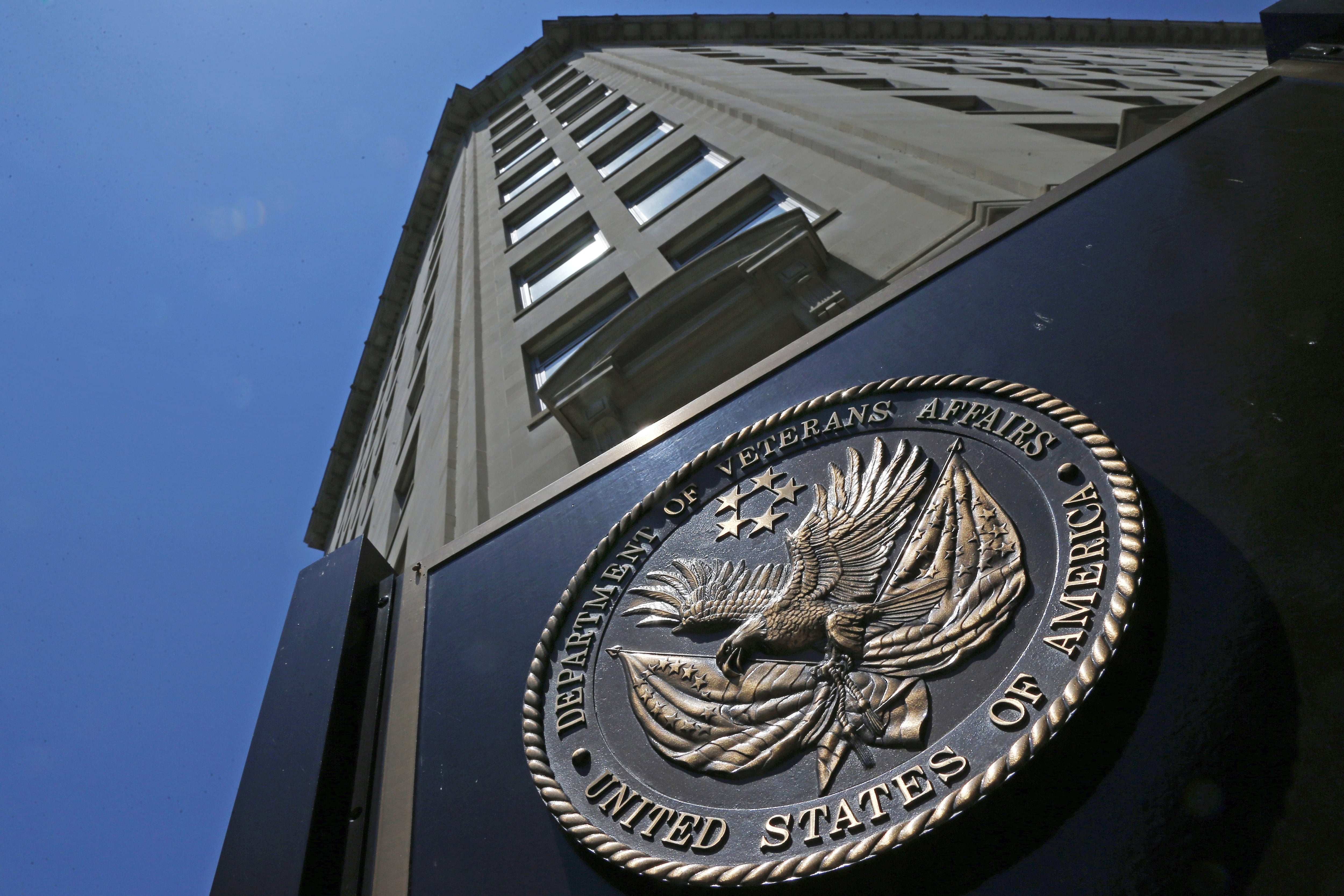The new Republican-controlled Congress could mean some relief for the Army as it struggles to balance shrinking budgets with increasing demands for soldiers around the world, experts say.
But they also caution that partisan gridlock could mean business-as-usual on Capitol Hill.
Lawmakers so far have failed to pass any defense budget, relying instead on continuing resolutions, said retired Gen. Barry McCaffrey, who describes himself as "absolutely nonpartisan" and "cautiously optimistic" about the new Congress.
With Republicans in control of the House and Senate, "it's not going to be enormously better, but at least now the two houses will try and gain consensus," said McCaffrey, a decorated Vietnam veteran and former chief of U.S. Southern Command. "I'm sort of optimistic."
If Arizona Sen. John McCain takes over the Senate Armed Services Committee, as expected, it will be "key," said retired Maj. Gen. Robert Scales, "particularly as it relates to trying to get the budget back on track."
"I think the one service that is most likely to benefit from this is the Army," said Scales, a former commandant of the Army War College and decorated Vietnam veteran. "Everybody knows the short straw in this whole deal is the Army. The fact that the Republicans are now in charge, I think, bodes well for them."
McCain is "very cynical about big-ticket buys," and he is an advocate of reinforcing the Free Syrian Army using ground troops to regain ground lost to the Islamic State in Iraq and Syria, Scales said.
"The Army doesn't buy big systems," he said. "The Army buys people."
McCain "doesn't make the policy, but what he does do is he writes the check," Scales said. "I just think that he's much more of a pragmatist. He's much more attuned to fixing the wars we're fighting now. I think I'm more optimistic now than I was before the election."
The Association of the United States Army was a little more cautious.
"We just don't know what the change in Senate leadership will bring in terms of budget relief for the Army or the broader [Defense Department]," said retired Lt. Gen. Guy Swan, vice president of education for AUSA.
First, the makeup of the Senate Armed Service Committee remains to be finalized, he said.
Also, it's unclear what role the conservative wing of the Republican Party will have when it comes to fiscal matters, Swan said.
"A more significant factor will be external forces such as the progress of the drawdown in Afghanistan, Russian behavior in Eastern Europe, Ebola, and [the Islamic State] and Syria," Swan said. "I think that will shape what Congress wants to spend as much as the pickup of seats."
McCaffrey said he is concerned about the Army.
"I cannot understand why the Army appears to be in the position to try and justify its existence," he said. "It's just astonishing to me that any citizen, any political leader would not understand the fundamental requirement for a robust Army with capacities to carry out large-muscle operations. And that includes high-intensity warfare to defend against North Korean attacks, to deal with the Iranian issues, to deal with aggressive threats to the NATO periphery."
What the nation needs is a robust national security debate, something that's been lacking for the last 10 years, McCaffrey said.
"We need to think forward," he said. "Maybe a change-up in Senate leadership, if it doesn't turn into partisan warfare again, maybe we'll get a more informed, thoughtful debate on national security."
The Army's issue, moving forward, will be its messaging, Scales said.
"The Army defines success, unlike the other services, based on end strength," he said. "That's not the proper metric. It's up to the Army to get its act together, it's up to the Army to make its case. My concern is that the Army leadership takes hold of this opportunity and exploits it fully."
The Army is putting almost 4,000 soldiers in Liberia to boost the effort to fight Ebola, and "I think it's inevitable that more special operations and conventional forces will go into the advise and assist mission in Iraq," Scales said.
Much of the work to reinforce America's allies, whether it's in the Middle East or Europe, will "fall on ... our ground forces," he said.
It will be interesting to see what happens when the new Congress is seated in January, McCaffrey said.
"I hope some good comes of this," he said. "I think everybody's pretty pessimistic about it. The American people are fed up with Congressional ineffectual operations. Year after year, it's a whipsaw of nonsense dominated by minor political calculations, what's in it for my district. Somehow we've got to break that."■
Michelle Tan is the editor of Army Times and Air Force Times. She has covered the military for Military Times since 2005, and has embedded with U.S. troops in Iraq, Afghanistan, Kuwait, Haiti, Gabon and the Horn of Africa.




